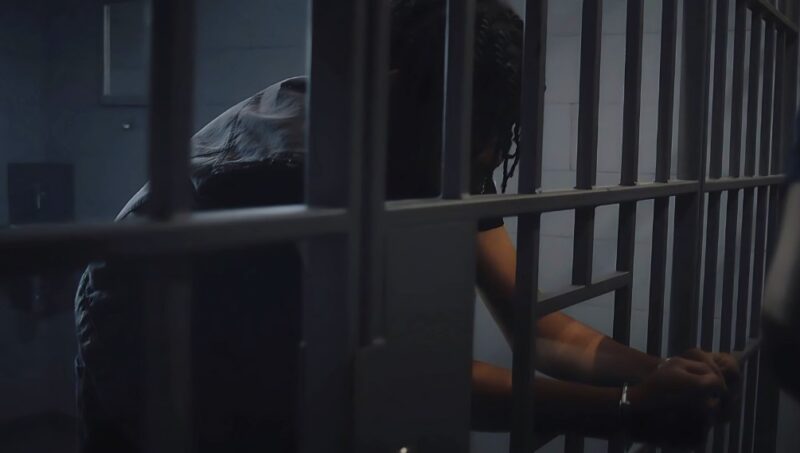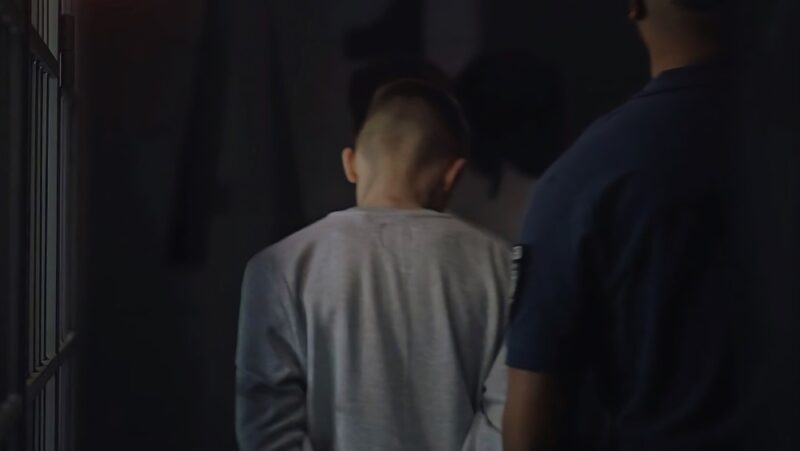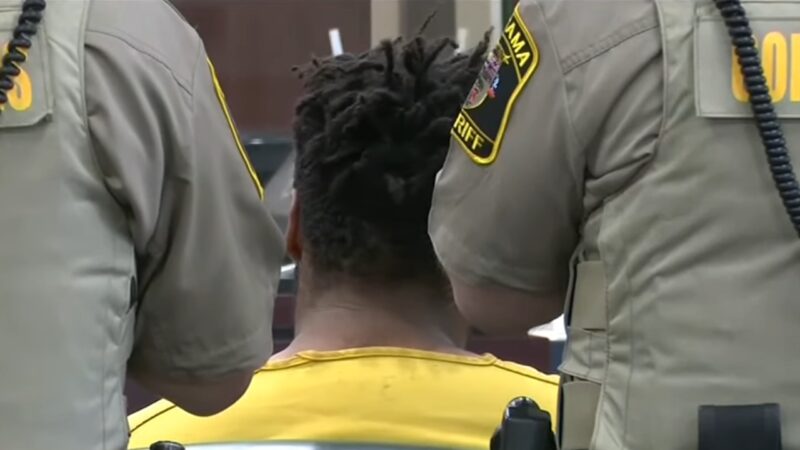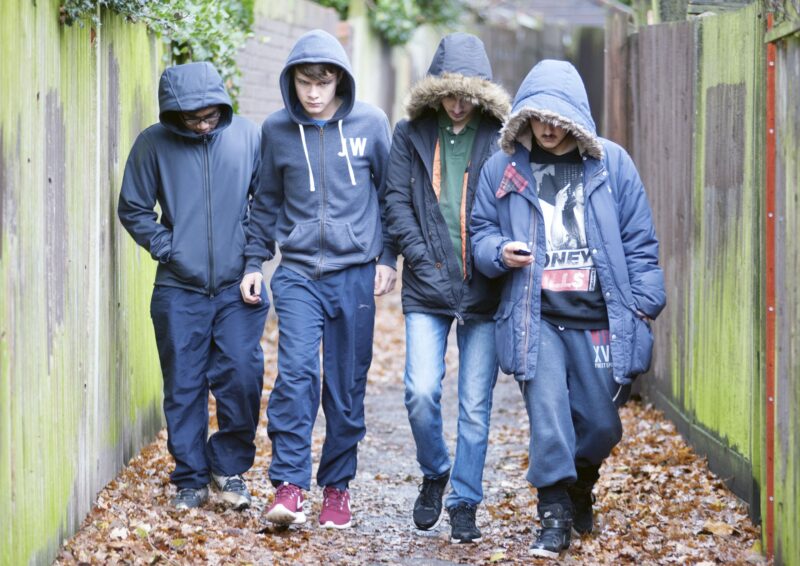A comprehensive criminal legislation, designed to modify Missouri’s regulations concerning juveniles charged with violent offenses among other revisions to criminal statutes, has successfully passed the state’s House of Representatives and is now progressing through the Senate. HB 1659, spearheaded by Joplin Republican Rep. Lane Roberts, proposes to increase the age at which minors can be prosecuted as adults to 14 and prohibits celebratory gunfire within urban boundaries.
Additionally, the bill aims to redefine the scope of authority for civilian police oversight boards. Before his tenure in the state House, Roberts served as Joplin’s police chief for 27 years.
The bill also seeks to initiate educational programs for incarcerated youths, establish a funding mechanism for local public defender offices, and provide clearer definitions for drug offenses, firearm-related crimes, and offenses against law enforcement animals, as outlined in the proposed legislation.
HB 1659 is almost an exact match to a previous crime bill vetoed last year by Missouri Governor Mike Parson, citing issues with two amendments concerning criminal expungements and restitution.
While these amendments are absent in the current bill, the Senate may introduce additional amendments before it is voted on. Some state representatives, including Kansas City Democrats Rep. Emily Weber, Rep. Yolanda Young, and Rep. Patty Lewis, opposed the bill in its final House vote in late February.
They did not provide comments on their opposition when contacted by The Star. If enacted this summer, here’s what the extensive bill could mean for Missourians:
CHANGES CONCERNING MINORS CHARGED AS ADULTS

Missouri law currently permits the prosecution of children as young as 12 as adults for any felony at the discretion of the court. HB 1659 would raise this age to 14.
Nonetheless, children as young as 12 could still face adult charges for severe offenses such as rape, murder, robbery, and drug trafficking.
Roberts explains that this amendment is not just about imposing harsher punishments but also about accessing better resources for those convicted of violent crimes.
“There are more options available under the adult system,”
Roberts explained to The Star, noting that juvenile justice experts contributed to the bill’s language.
“A child who has committed an offense of that nature could probably benefit… by being tried as an adult. It seems counterintuitive, but I understood the argument (the experts) made.”
The bill also mandates the state to compile and report data annually on the number of minors prosecuted as adults, detailing the crimes charged, their race, and whether they waived their right to counsel.
Additionally, it specifies that “correctional treatment programs” for convicted minors should “include educational programs that award a high school diploma or its equivalent.”
BLAIR’S LAW

The legislation introduces several modifications to Missouri’s firearm regulations, including “Blair’s Law,” which would criminalize discharging firearms “within or into the limits of any municipality.” This measure is named after Blair Shanahan Lane, an 11-year-old who died from a stray bullet on July 4, 2011.
Roberts mentioned that the proposal has been misconstrued as an infringement on Second Amendment rights.
“The fact is that when somebody fires a firearm, somewhere that bullet is going to come down. And when you do it indiscriminately, you put people’s lives at risk, Missouri law” he stated.
The bill exempts certain scenarios, such as self-defense, hunting, firing blanks, law enforcement activities, and shooting at a range, from this law. In cities like Kansas City, discharging a firearm within city limits is already prohibited, except in self-defense.
If approved, Blair’s Law would be Missouri’s first statewide regulation on the use of firearms in municipalities.
POLICE OVERSIGHT

A subtle change in wording in a clause concerning police oversight boards in HB 1659 could significantly alter the authority of civilians to ensure law enforcement accountability.
These groups are tasked with investigating and recommending disciplinary actions in cases of police misconduct, including excessive force, abuse of authority, and discriminatory conduct. However, the bill restricts their roles to merely advisory capacities.
Roberts asserts that some civilian oversight boards have exceeded their mandates by “insisting” on disciplinary actions, though he did not provide specific instances.
“We have to be careful that we don’t create a situation where people who have limited experience and training … could actually affect an outcome,” he said.
“What they say does weigh on a disciplinary decision. But there are technicalities involved in how we go about enforcing the law that the civilian review board may or may not be aware of.”
OTHER CHANGES IN MISSOURI CRIMINAL LAW
The bill proposes several other amendments, including the establishment of a task force to tackle cyberstalking and online harassment, with annual policy recommendations, victim rights, educational resources, and law enforcement training.
It also seeks to strengthen laws concerning harm to law enforcement animals, such as drug-sniffing dogs or police horses, and clarifies legal definitions related to drug dealing and armed criminal action, aiding prosecutors in making informed decisions on firearm-related charges.
Furthermore, it plans to create a fund for local public defender offices, supported by budget allocations, federal grants, private donations, and other resources. Roberts is hopeful that HB 1659, or a similar bill in the state Senate, will advance in the coming weeks. The legislature has until May 17 to pass laws before its session concludes.
Governor Parson will then decide whether to sign the bill into law or veto it as he did with its predecessor last year.







